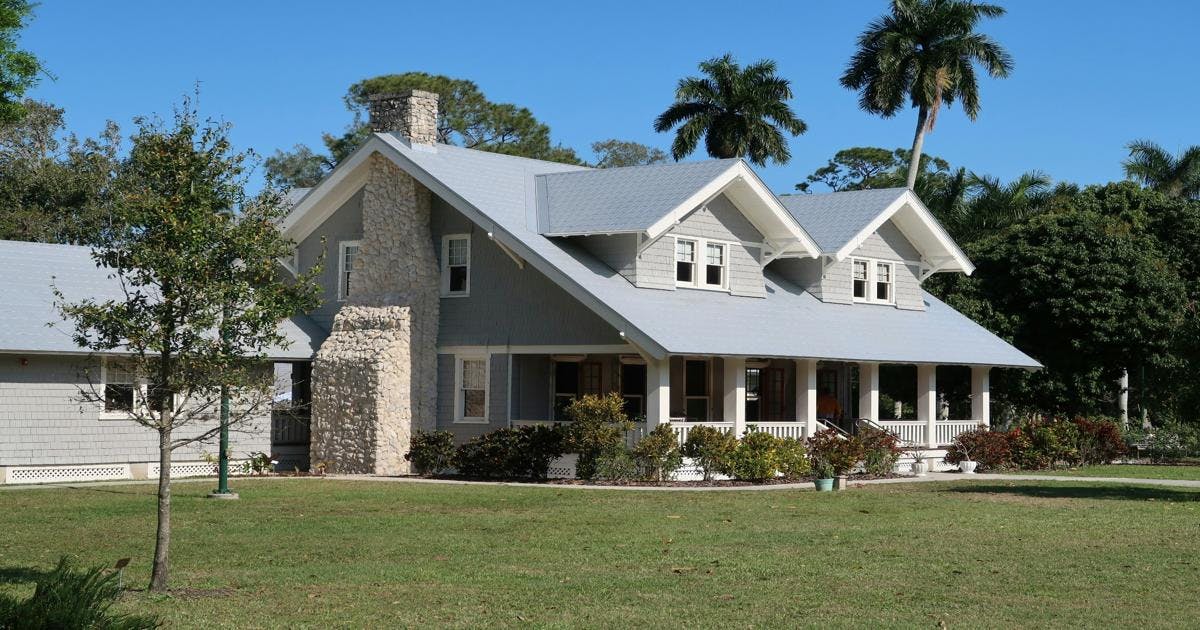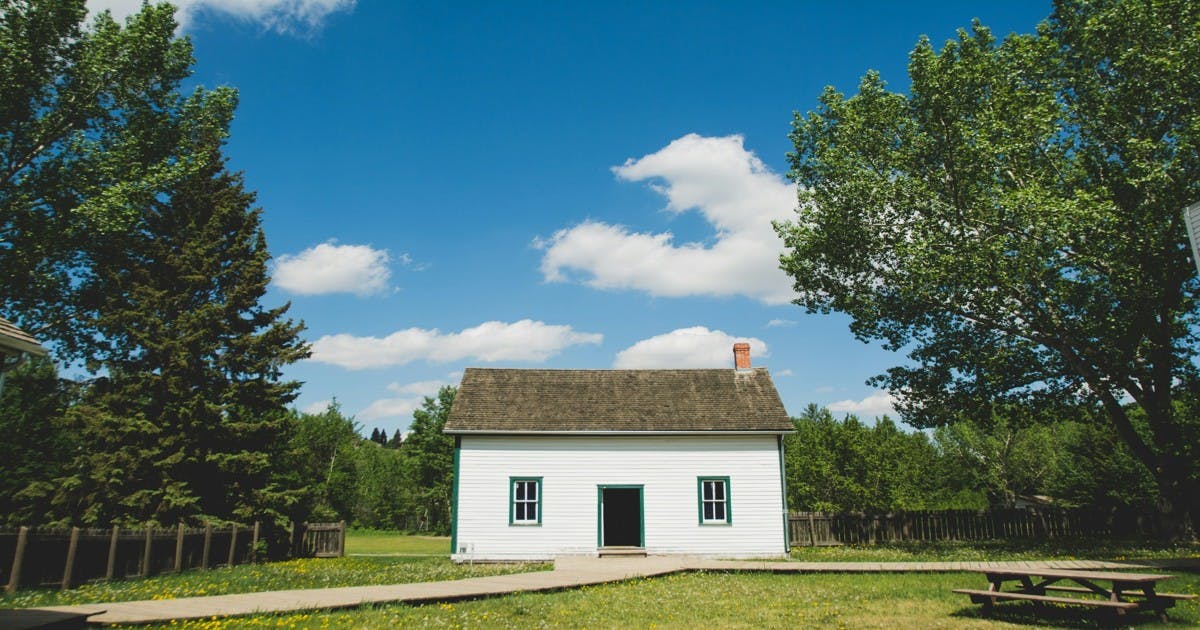
First-Time Buyer Tax Essentials: Part 2 – Taxes on the Purchase of Property

Summary
In this article we explain the key taxes first-time buyers in Ireland face when purchasing a property.
Buying your first home in Ireland is an exciting step, but it comes with important financial responsibilities—including understanding the taxes you’ll encounter at the point of purchase. In this second article in our series, we break down the two most significant taxes first-time buyers should be aware of when buying a property: Stamp Duty and Value-Added Tax (VAT).
We also clarify the official definition of a first-time buyer, as this status plays a central role in determining eligibility for various government supports and reliefs (covered in Part 3).
Stamp Duty: The Property Transfer Tax
Stamp Duty is a tax you must pay when you buy property or land in Ireland. It is charged on the transfer documents (such as the deed of transfer) that give effect to the sale.
Current Rates (Residential Property – 2026)
As of 2026, the Stamp Duty rates applicable to residential property are:
- 1% of the purchase price for properties valued up to €1 million
- 2% on the portion €1,000,000–€1,500,000
- 6% on the portion over €1,500,000
These rates apply to the purchase price excluding VAT.
Example:
If you purchase a home for €350,000, the Stamp Duty is calculated as follows:
- 1% of €350,000 = €3,500
If you were purchasing a home for €1.2 million:
- 1% on the first €1,000,000 = €10,000
- 2% on the remaining €200,000 = €4,000
- Total Stamp Duty = €14,000
When Is Stamp Duty Paid?
Stamp Duty is usually paid shortly after the sale closes and before the title can be registered. Your solicitor typically handles the filing and payment with Revenue through the eStamping system. It must be paid within 44 days of the date the instrument (legal document) is executed to avoid penalties.
Are First-Time Buyers Exempt?
Unlike some countries, Ireland does not provide a specific exemption from Stamp Duty for first-time buyers. All residential property buyers—whether first-time or otherwise—are subject to the same Stamp Duty rates.
However, first-time buyers may still benefit from other financial supports (like the Help to Buy scheme), which we’ll discuss in detail in the next article.
VAT (Value-Added Tax): When It Applies to Property Purchases
While second-hand homes are generally exempt from VAT, newly built homes may be subject to VAT. This can be a significant factor in the overall cost of buying your home.
When Does VAT Apply?
- New Builds: VAT is typically included in the sale price of new residential properties sold by developers or builders. The standard VAT rate on these sales is 13.5%.
- Second-Hand Homes: These are usually exempt from VAT. You won’t need to pay VAT separately or as part of the price.
- New apartments (important 2026 update): From 8 October 2025, a temporary 9% VAT rate applies to the supply and construction of certain qualifying apartments/apartment blocks, in place until 31 December 2030.
Understanding VAT in Pricing
In most new developments, the price advertised by the developer already includes VAT. For example, if a new home is listed at €400,000, the price may already reflect the VAT-inclusive cost.
It is still important to confirm this with the seller or your solicitor to ensure there are no surprises.
Who Qualifies as a First-Time Buyer?
Your first-time buyer status matters—not for Stamp Duty—but because it impacts eligibility for government schemes like Help to Buy and First Home Scheme.
The official definition, as used by both Revenue and lenders, is that a first-time buyer is someone who:
- Has never previously purchased or built a residential property in Ireland or abroad
- Has never previously borrowed under a mortgage for the purchase of a residential property
- Is purchasing the property as their main residence
If you’ve ever owned or co-owned a property, even if it was an inheritance or a buy-to-let, you generally do not qualify as a first-time buyer.
Additional Considerations
Legal and Professional Fees
While not taxes per se, you should also account for legal fees, land registry fees, and surveyor costs when budgeting for your home purchase. These are not taxable in themselves but are part of your overall cost and should be planned for early on.
Mixed-Use or Investment Properties
If you're purchasing a property with both residential and commercial elements (e.g. a shop with a flat above), non-residential Stamp Duty rates may apply to part of the purchase. These are currently 7.5% (as of 2026). Similarly, VAT may be recoverable or chargeable differently depending on the structure of the sale and intended use.
Coming Up Next
In Part 3 of this series, we will focus on Tax Reliefs and Government Schemes for first-time buyers. We’ll explain how to apply for the Help to Buy incentive, the First Home Scheme, and other supports that can significantly reduce your upfront costs—or even provide cash refunds.
Check out part one of the series here in case you missed it.
Feel free to contact us if you have any questions!
Ensure you are tax compliant before applying for any reliefs
We can help you file your tax return to ensure that your tax obligations are met and you are eligible for any potential tax reliefs available on the purchase of your first property.
This blog post is for informational purposes only and does not constitute tax, financial, or legal advice. Tax laws and regulations are subject to change and may vary based on individual circumstances. Readers are strongly encouraged to consult with a qualified tax professional or financial advisor before making decisions based on the information provided. We make no guarantee regarding the accuracy, completeness, or applicability of this content to your particular tax situation.
Found this article helpful? Like and share it with others

